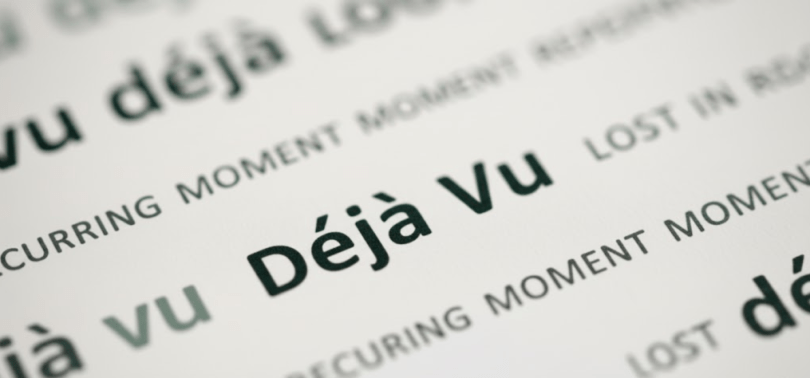The Strange Science Behind Déjà Vu
There are moments in life when something completely ordinary suddenly feels strangely familiar. You might be walking down a street you have never seen before or sitting in a café with someone you just met, and for a few seconds it feels like a replay of a memory that never existed. It passes quickly, leaving you with that odd sense that your brain just played a trick on you. That experience is what we call déjà vu.
Scientists have been trying to understand this feeling for years. It is not a sign of anything supernatural and it does not mean you are remembering a past life. It is actually your brain doing a little bit of detective work, trying to connect what is happening right now with something that feels familiar but is not.
When Memory Gets Confused
Inside your brain, the temporal lobe manages memories while the frontal areas handle logic and decision-making. Sometimes these parts send mixed messages. One system says something feels familiar, but another quickly steps in to correct it. That moment of disagreement creates the eerie flash of recognition we call déjà vu.
What makes it even more interesting is that this confusion shows your brain is working as it should. It is double-checking information, making sure imagination does not get confused with memory. So instead of being a sign of a problem, déjà vu is actually a sign that your mind is paying attention and keeping things in order.
A Chemical Connection
There is also a chemical side to all of this. Scientists believe dopamine, a brain chemical that affects mood, attention, and motivation, plays a role in déjà vu. When dopamine levels rise, the part of your brain that senses familiarity becomes more sensitive. This is why the feeling tends to appear when you are tired, stressed, or full of emotion. Young people experience it more often, partly because their brains are more reactive and alert.
As people get older, déjà vu becomes less frequent. The brain simply does not react as strongly to small recognition errors. It is not a bad thing, just one of the ways memory and perception change with time.
When It Lasts Too Long
There is a rare condition called déjà vécu, where people feel that every event in their lives has already happened before. The brain stops correcting the false familiarity, and everything begins to feel like a constant replay. It is sometimes linked to memory disorders, where the part of the brain that checks facts and reality starts to weaken.
The opposite feeling also exists. It is called jamais vu, when something very familiar suddenly feels completely new. It can happen when you repeat a common word until it stops looking real. It is another reminder of how fragile our sense of reality can be.
So the next time you feel that strange wave of déjà vu, do not overthink it. You are not reliving a moment from another time. You are simply experiencing your brain in motion, quietly checking and rechecking what is real, and proving once again how mysterious the mind can be.

